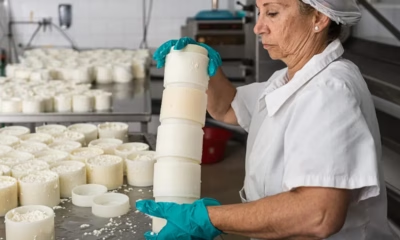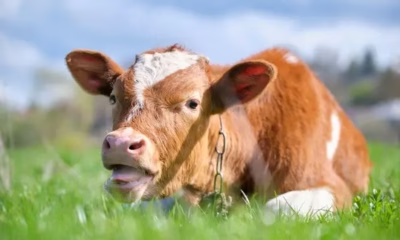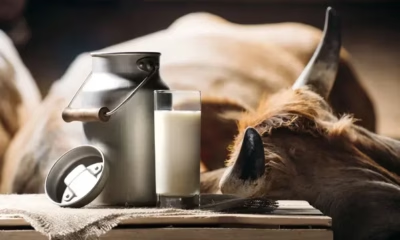Dairy
Minnesota Dairy Farms Mandate Avian Influenza Testing

In response to a USDA order, Minnesota will begin mandatory testing of milk from its dairy farms for avian influenza (H5N1) starting February 1. The U.S. Department of Agriculture (USDA) initially launched the national testing in six states, which has since expanded to 28 states that account for nearly two-thirds of the nation’s milk supply.
Objectives of the Testing
The goal of the mandatory testing is to better understand the presence of the H5N1 virus in dairy herds and to guide efforts aimed at preventing its spread. Minnesota has already confirmed nine cases of avian influenza in its dairy cattle in the past year, although the virus is not typically fatal to dairy cattle. It can, however, lead to reduced appetite, lower milk production, and discolored milk.
Other states, like California, have faced severe outbreaks, with over 700 dairy herds affected, prompting a state of emergency.
Testing Program Details
- Starting February 1, milk testing will begin. Raw or unpasteurized milk samples will be collected from dairy farms for testing.
- The program builds on the success of similar initiatives, such as the one in Colorado, and aims to isolate the virus in Minnesota before it spreads further.
- Testing will be conducted on the routine monthly samples that are already submitted for inspection, minimizing disruption for farmers.
Lucas Sjostrom, Executive Director of the Minnesota Milk Producers Association, confirmed that Minnesota’s dairy farmers are supportive of the state’s testing plans.
Disease Impact and Public Health
- Avian influenza has already significantly impacted the poultry industry in Minnesota, with millions of commercial turkeys and chickens lost to the virus.
- While the virus has not yet been detected in Minnesota dairy cattle, Thom Petersen, the state’s Agriculture Commissioner, emphasizes the importance of readiness in monitoring and controlling potential outbreaks.
Safety of Dairy Products
- Pasteurized dairy products are safe for consumption, as pasteurization effectively inactivates the virus.
- Raw milk sold directly from farms, which is not included in the initial testing, requires consumers to engage with farmers about the safety measures in place.
By proactively testing and addressing potential contamination, Minnesota’s dairy farmers aim to safeguard the industry while maintaining the quality and safety of dairy products for consumers.





















